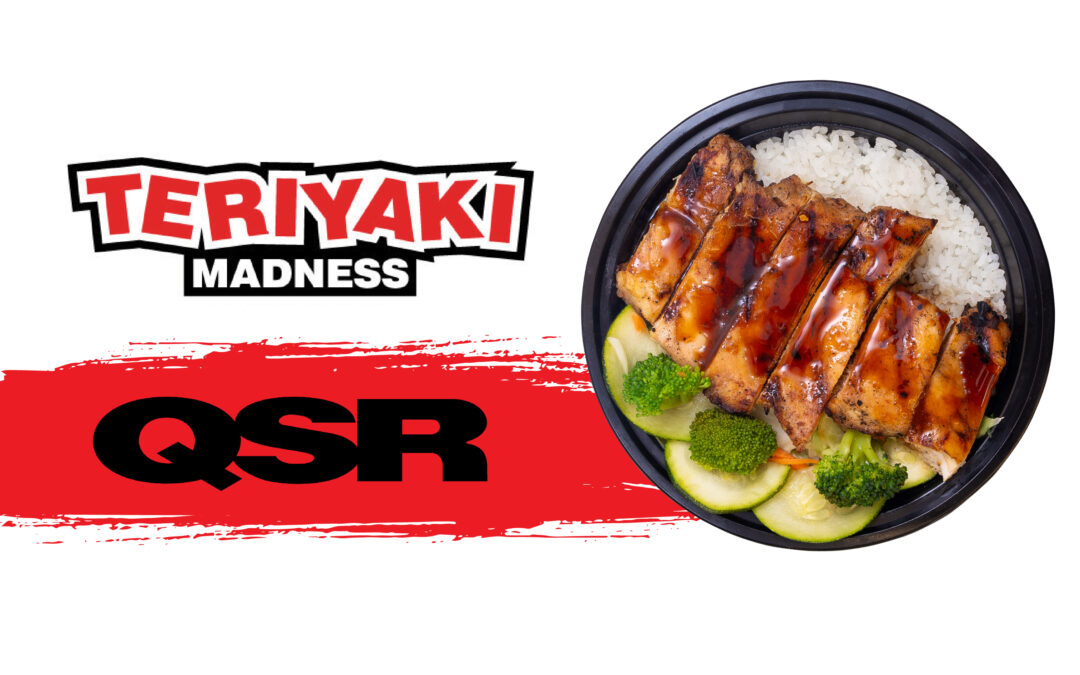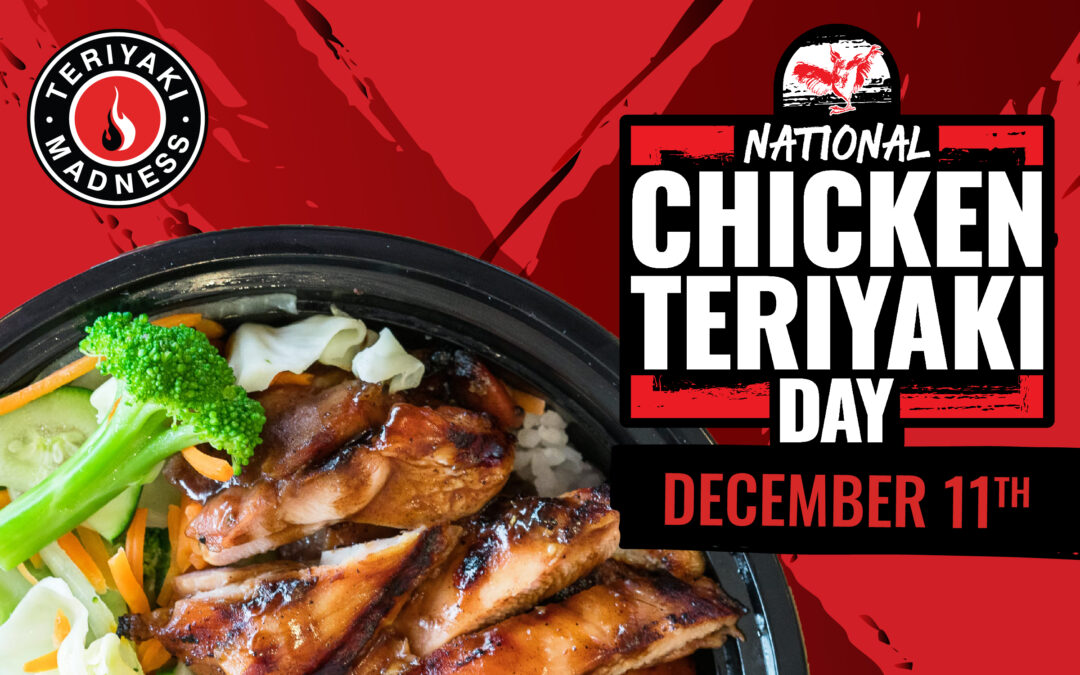Restaurant franchising is often an extension of the corporate company: everything has to be exactly the same, or the process won’t work. Some restaurants, however, believe just the opposite: every unit should be free to choose how it runs its operations.
What is the right balance between the two?
The answer, says Michael Haith, CEO of Teriyaki Madness, lies in a simple idea: soul. FastCasual chatted with Haith about how Teriyaki Madness infuses this concept into its franchises to strike the right balance of creativity and adhering to brand standards.
FastCasual: How do you walk the line of having franchisees follow branding and protocol but not stifling their creativity?
Michael Haith: With our core values of collaboration, transparency and visibility, we work hand in hand with franchisees to develop new products and processes. We, the franchisor, insist on what we call ‘iconic symbols’ – the signage, colors and pieces that make TMAD. The rest is a collaboration to express the individual shop owner.
FC: What elements are mandatory for your franchisees to follow or implement
M: The absolute adherence to the recipes and service parameters.
FC: How do they go about getting their ideas approved? Do they run decor or format ideas by you first or just handle it how they want?
M:They provide the visibility of what they want to do and we work together to test and implement and report back to the rest of the franchisees with results.
FC: Considering you give franchisees so much freedom, how do you vet franchisees to make sure they are a fit? I imagine some people wouldn’t be able to handle the freedom while others may still not want to color inside the lines.
M:Through a rigorous application process, we know, based on our ‘tests’ and due diligence, the interaction style for each franchisee. Our primary consideration is cultural match. We go to great lengths to communicate our culture to franchisee candidates. If we don’t feel the candidate will match our culture, we will suggest a brand that may be a better fit.
FC: To you, what does a “restaurant with soul” mean?
M: It’s a little like fine art — you know it when you see it. You also know when it’s missing. Soul isn’t just about what our teriyaki shops look like. It goes much deeper than that. By allowing our franchisees to express themselves in the personality of their TMAD locations, they feel connected to their own shops. If an owner has that connection to their own shop and takes pride in what they do, the soul seems to come out and take care of itself. We attribute soul to caring — caring about the product we put out every single day and the customer interaction.
Soul is tied to recognition and appreciation for the customer and taking pride in the customer service. Although the profitability of our teriyaki shops are important, the experience and the sincerity of the experience are tantamount to a business with soul.
FC: Why is this important to your brand?
M: Soul is the essence of the TMAD brand. The cookie-cutter-fluorescent light plastic experience of serving pre-portioned frozen food has dominated the fast food landscape for too long. The TMAD culture is defined by a community of people who believe that soulless experience is on the decline. The culture of our brand is built upon a community of like-minded individuals who represent the magic of the local food “discovery” in the convenient, neighborhood strip mall down the street.
We serve awesome, fresh, hot, big bowls of great Japanese fast casual comfort food in a neighborhood atmosphere. It’s just that simple.”





